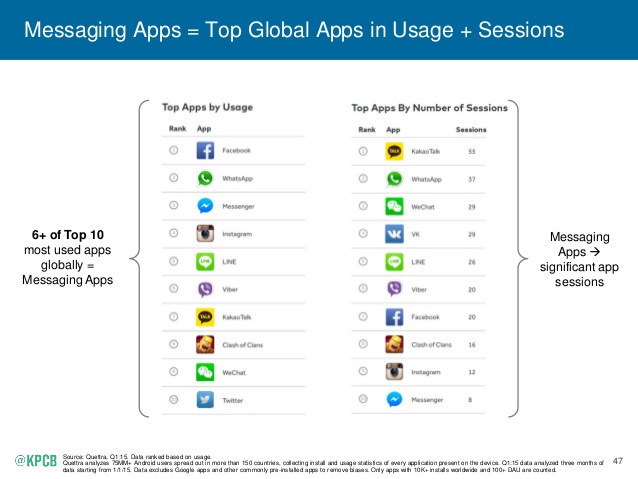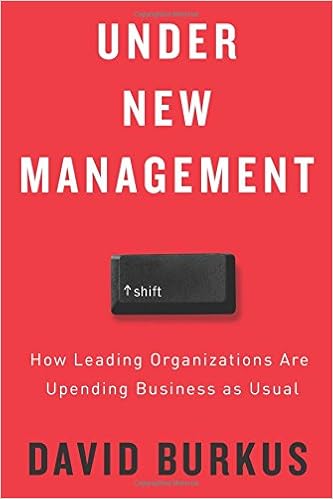Accepted for future publication:
Hudson Review.
Geode. 2022.
Triggerfish Critical Review.
smoke fire. July, 2022.
North Carolina Literary Review
At the Watermen’s Dock. Summer, 2022. Honorable Mention. James Applewhite Prize.
Indelible (Feminine Issue).
Betty’s Current Status. February 2022. (First seen in Broadkill Review)
A Place Less Foreign. February 2022.
The Queen’s First Door. February 2022.
8 Poems.
Verse in Which I Should Probably Be More Charitable Towards the Gift of a Book of Mediocre Verse. TBA. 2022.
2020 Ekphrastic Poetry Book from Craven Arts Council and Gallery.
After A Sudden Blow. Print only sometime in 2022.
Available for Reading Now:
Grand Little Things.
All new writing is about grief. February 1, 2022.
O.Henry Magazine.
Pinestraw Magazine.
Against Desirelessness. In O.Henry. January 2022.
Against Desirelessness. In PineStraw. January 2022.
(First publication in Snapdragon: a Journal of Arts and Healing, November 2019).
Silver Birch Press. How To Heal the Earth series
At the Big Sweep. January 16, 2022.
Wine Cellar Press.
Operating System. January 15, 2022.
Red Fez.
Guarding Watermelons. January 13, 2022.
At the Butchers’ Souk. January 13, 2022.
Sheila-Na-Gig.
Death Came For The Cardinal. Winter 2021.
As It Ought To Be Magazine
Magnificent Frigatebirds. November 19, 2021.
The Dead Mule School of Southern Literature.
25th Anniversary Issue.
Of A Marriage. November, 2021.
Wine Cellar Press.
Triolet of Zoom Impatience October 15, 2021.
Crossing the Rift: North Carolina Poets on 9/11 & Its Aftermath
Joseph Bathanti & David Potorti, editors.
Press 53, publisher.
It Strikes a Contemporary. September 2021.
January Review
My Life as a Scorpion. August, 2021.
My Precious Death. August, 2021.
101 Words.
Tender Tentacle. August 7, 2021.
Wine Cellar Press.
Hot Now! An Ode to Krispy Kreme Doughnuts. July, 2021.
O.Henry Magazine.
Pinestraw Magazine.
Walter Magazine.
On An Okra Flower. July, 2021.
—in O.Henry
—in PineStraw
—in Walter.
(First found in Red Fez).
Bare Back Magazine.
Encircling. July 2021. (NSFW)
The Lake
Spiders in the Bathtub. July 2021.
Prime Number Magazine, Issue 197.
Ireland as Seen From a Porch Swing in Hickory, NC. July 1, 2021
Cider Press Review.
Cardinal. Summer 2021.
Indelible (Food and Nurture Issue).
Bread. June 25, 2021.
To a Tuber. June 25, 2021.
Artichokes. June 25, 2021.
Adirondack Review
Traces of a Portrait of Che Guevara on a Wall in Oaxaca. Summer 2021.
Live Nude Poems.
Mellow Gorillas. May 24, 2021.
Grand Little Things
Homage to George Herbert, Invitation of a Damselfly in March, Same Jay Seen Twice. May 20, 2021.
Red Fez.
Red Clay Way. May, 2021.
How Firm a Foundation. May, 2021.
Speckled Trout Review.
Swifts. May, 2021.
Asses of Parnassus
Sndbrg April 20, 2021 and Frst April 28, 2021. (two short poems made shorter as haiku).
Silver Birch Press. Still Waiting Series.
Still Waters. April 20, 2021.
Anti Heroin Chic.
This Old Dog. April 2, 2021.
Spoonfeed.
The Executioner s Love Potion. March 28, 2021.
Ekphrastic Review.
After A Sudden Blow. March 11, 2021.
Silver Birch Press. How To Series.
How I Avoid Assassination and You Can Too. March 10, 2021.
101 Words.
I Do This and That. March 9, 2021.
The South Shore Review.
When The Shadow Took the Day Off. March 7, 2021.
O.Henry Magazine.
Pinestraw Magazine.
Pairing Mantids. March, 2021. (First appeared in Panoply)
The Dead Mule School of Southern Literature.
The Disappointment of the Comet Kohoutek. March, 2021.
Literary Yard.
”Emancipation of the Mermaid Tattoo,” “Larger Concerns,” “An Aran Sweater,” “Radio, Bosnia,” and “Against Bird Poems.” February 27, 2021.
Grand Little Things
Two Triolets. “The Saint of the Trees” and “Erasure.” February 5, 2021.
Verse Virtual.
Wine, Age. February, 2021.
Red Fez.
The Impossibility of America. January 14, 2021.
Poem in Which I Forget Myself. January 14, 2021.
Panoply, A Literary Zine.
Pairing Mantids. January 2, 2021.
American Journal of Poetry.
I Too Dislike Them. January, 2021.
Broadkill Review.
Betty s Current Status. January 1, 2021.
As It Ought To Be Magazine
Something Wonderful. December 23, 2020.
The Rusty Truck
Visions of Andrew December 11, 2020.
Thoughts on the Power of Goodness, co-edited by Timothy F. Crowley and Jaki Shelton Green.
Rising with the Moon on Advent Eve. December, 2020.
Print only. Order here
Deuce Coupe Poetry
The Good Butcher and Lunar Exploration December 9, 2020.
Redheaded Stepchild.
Firing Pottery on the Night Before Winter Solstice. Fall 2020.
little death lit.
All the Way Up. Issue 5. Fall 2020.
The Phare.
Can Crows Kiss? November/December 2020.
Grand Little Things
Eastbourne in May. October 28, 2020.
Madness Muse Press
Who Would Not Celebrate the Changes. October 11, 2020.
In one hand, mine. October 11, 2020.
Prime 53 Poem Challenge
One Red Maple. October 1, 2020.
River Heron Review.
Return to Kurdistan. Special Issue. Poems, For Now. September 15, 2020.
Ekphrastic Review.
Unnamed Early 20th Century Burial in St Matthews Episcopal Church Cemetery, Hillsborough, NC (2020). September 8, 2020.
2River View.
25th Anniversary Issue.
In Praise of Small Disturbances. September 1, 2020.
In an Unripe Season September 1, 2020.
Frank Gallery
Essay on Ekphrastic Poetry. August 17, 2020.
Red Fez.
To a Certain Feeling of Optimism. August, 2020.
To Very Small Devices. August, 2020.
Ekphrastic Review.
Lewis Morley’s photograph of Christine Keeler sitting the wrong way round on a copy of an Arne Jacobsen chair (UK) 1963. July 22, 2020.
Grand Little Things
Cicadas. July 21, 2020
Prayer to a Deer in Summer. July 21, 2020
Unbroken Journal.
The Church of Misdirected Saints. July 2020.
Pig’s Eye. July 2020.
Redheaded Stepchild Magazine.
Pulled Up My Socks. Spring 2020.
Vox Poetica Magazine.
Slugs. Spring 2020.
South Writ Large.
Bee Fall. Spring 2020.
Beach at Corolla, NC. Spring 2020.
Third Wednesday Magazine.
The Happiness of Fear. Summer 2020.
An Honest Talk To The Shadow. summer 2020.
Triggerfish Critical Review.
Visiting Lhakdor. July 2020.
The Trouble With Macaques. July 2020.
The Hidden Buddhists of Baikal. July 2020.
Turtle Island Quarterly
Early Fall Full Moon. January 2020.
Broadkill Review
Seventy Three. March/April 2020.
Moving From House to House. March/April 2020





Recent Comments